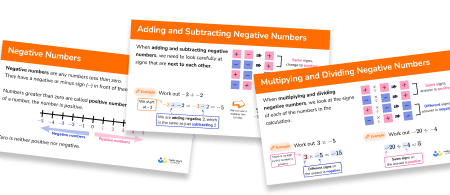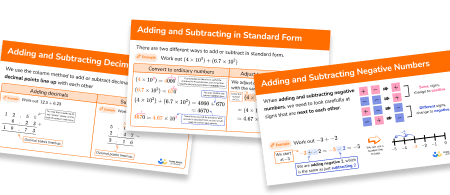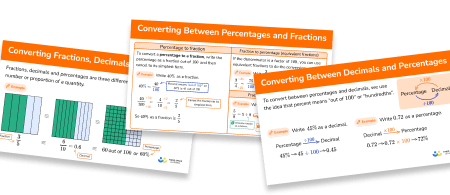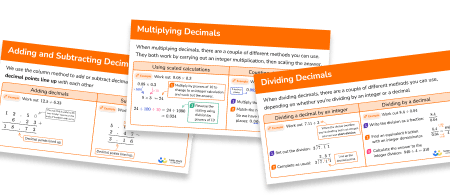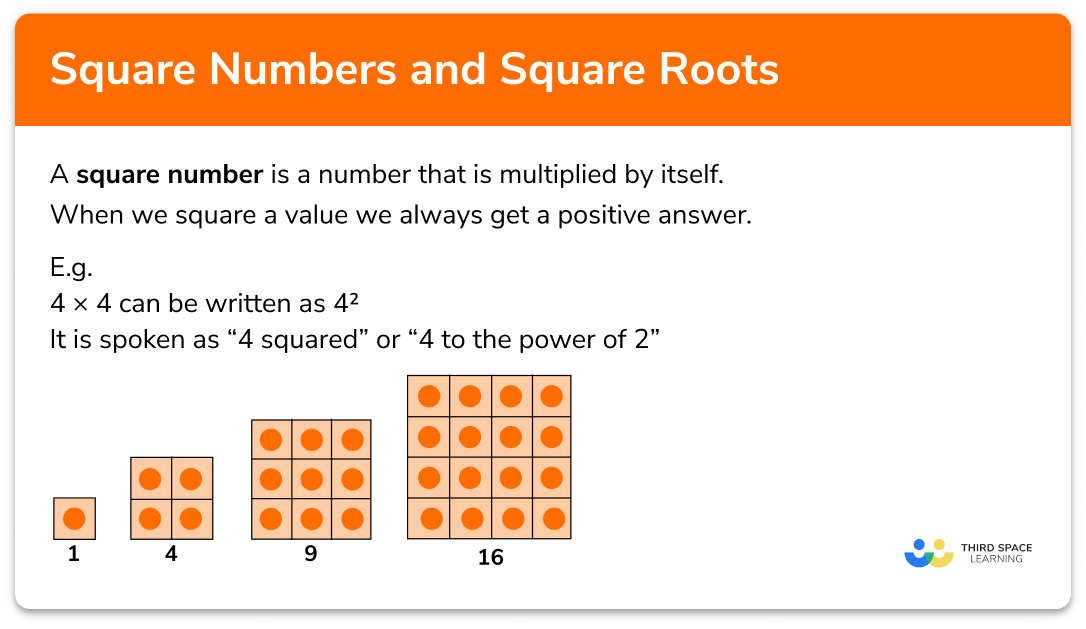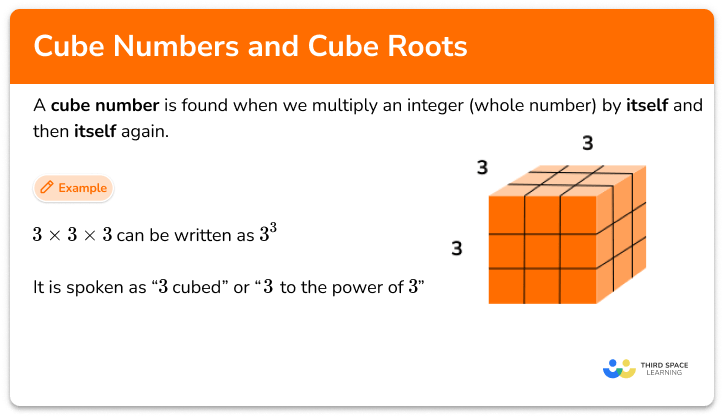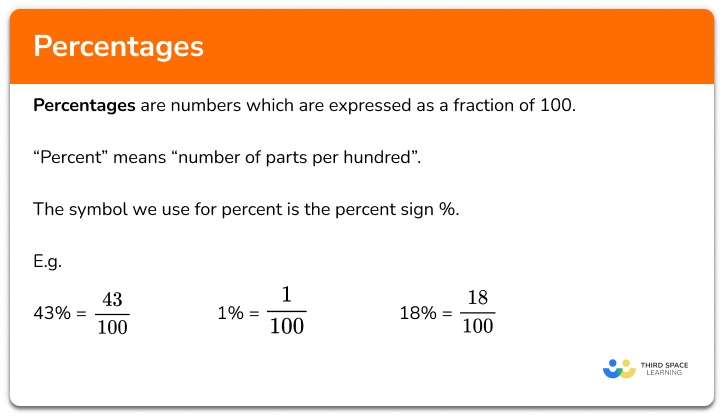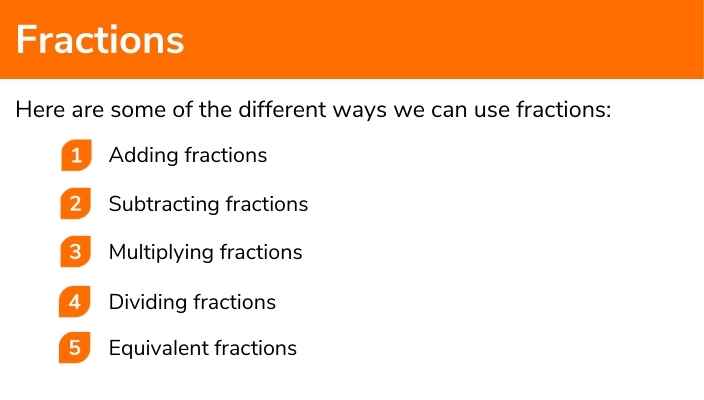FREE DOWNLOAD
Types of numbers Worksheet

Help your students prepare for their Maths GCSE with this free types of numbers worksheet of 30 + questions and answers
- Section 1 of the types of numbers worksheet contains 20+ skills-based types of numbers questions, in 3 groups to support differentiation
- Section 2 contains 3 applied types of numbers questions with a mix of worded problems and deeper problem solving questions
- Section 3 contains 3 foundation and higher level GCSE exam style types of numbers questions
- Answers and a mark scheme for all types of numbers questions are provided
- Questions follow variation theory with plenty of opportunities for students to work independently at their own level
- All questions created by fully qualified expert secondary maths teachers
- Suitable for GCSE maths revision for AQA, OCR and Edexcel exam boards
Types of numbers at a glance
There are lots of different types of numbers on the number line. Rational numbers are numbers that can be written as a fraction where the numerator and denominator are integers, whereas irrational numbers cannot be written in this way.
Integers are whole numbers that include positive and negative numbers, and natural numbers (sometimes called counting numbers) are positive integers. Fractions, decimals and percentages are different ways of representing a proportion of the same amount.
Even numbers can be divided by 2 with a remainder of 0 whereas odd numbers cannot. Prime numbers only have two factors, themselves and 1, whereas composite numbers have more than two factors.
Multiples are the result of multiplying a number by an integer and factors are numbers that will divide into an integer with no remainder.
Looking forward, students can then progress to additional number worksheets, for example a Percentage worksheet or a Rounding worksheet.

For more teaching and learning support on Number our GCSE maths lessons provide step by step support for all GCSE maths concepts.
Do you have students who need additional support?

With Third Space Learning's secondary maths tutoring programmes, students in Year 7-11 receive regular one to one maths tutoring to address gaps, build confidence and boost progress.
"My confidence in the tutoring is high. We've had some phenomenal results. I even had one girl get a Grade 8 this year; she came to every tutoring session."
Stacey Atkins, Maths Director, Outwood Grange Academies Trust

